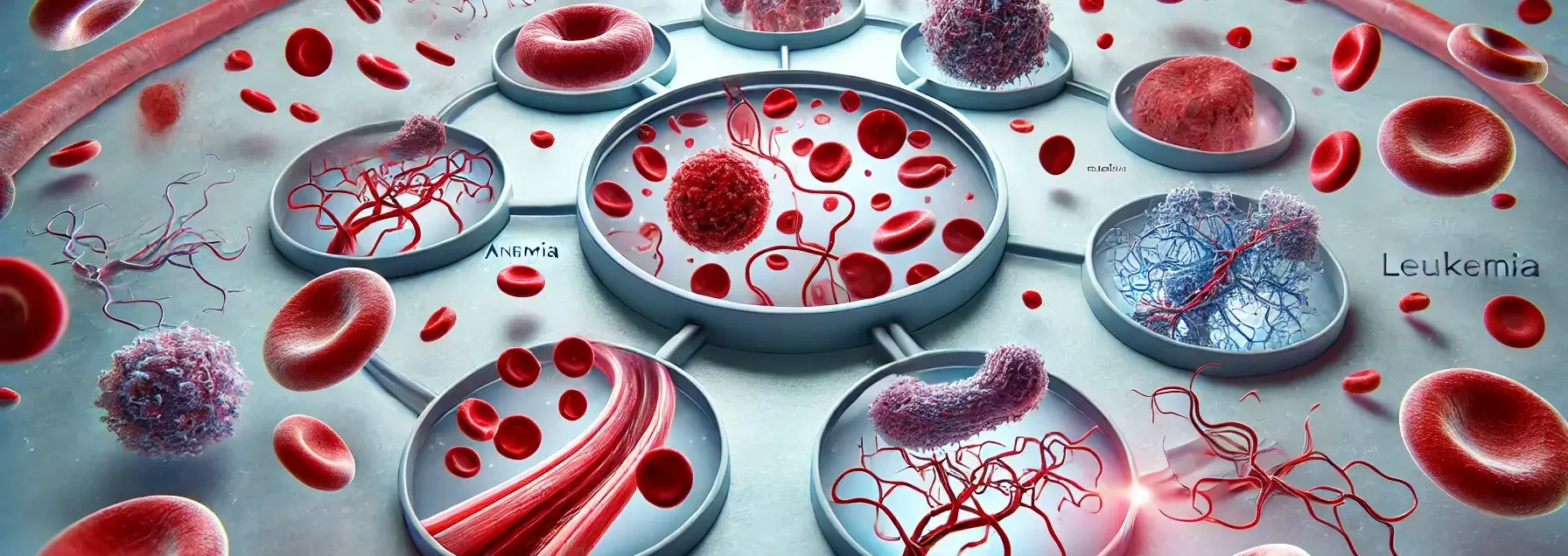Disorders of blood
There are numerous blood disorders that can affect the various components of blood, including red blood cells, white blood cells, platelets, and plasma. Common Blood Disorders Anemia Decrease in red blood cells or hemoglobin, leading to reduced oxygen transport. Types include iron-deficiency, vitamin B12 deficiency, hemolytic, and sickle cell anemia. Hemophilia Inherited bleeding disorders caused … Read more




